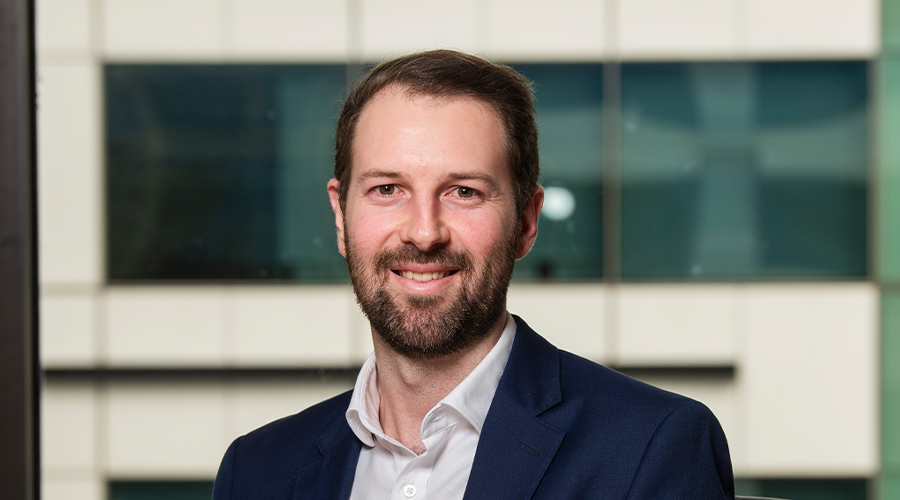From 1 November 2023, McMahon Clarke joined Hall & Wilcox.
A team of 30 partners, lawyers and other professionals joined, including:
- Langton Clarke – funds management and corporate
- Emma Donaghue – funds management and finance
- Kristy Dorney – real estate and construction
- Mark Lyons – real estate and funds management
- Sean McMahon – funds management
- Selina Nutley – litigation and funds management
- Elliott Stumm – funds management
Read more about the team. To contact any of the former McMahon Clarke team, please see the contacts below.
Brisbane office details
Level 18
240 Queen Street
Brisbane QLD 4000
Australia
T +61 7 3231 7700
F +61 7 3231 7799
Team

Langton Clarke
Partner
T: +61 7 3237 7844
Email

Emma Donaghue
Partner
T: +61 7 3237 7851
Email

Kristy Dorney
Partner
T: +61 7 3237 7847
Email

Mark Lyons
Partner
T: +61 7 3237 7849
Email

Sean McMahon
Partner
T: +61 7 3237 7848
Email

Selina Nutley
Partner
T: +61 7 3237 7845
Email

Elliott Stumm
Partner
M: +61 401 386 499
T: +61 7 3237 7846
Email

Jeunesse Meldrum
Consultant
T: +61 7 3237 7863
Email

Kristy McCluskey
Special Counsel
T: +61 7 3237 7850
Email

Helen Wu
Senior Associate
T: +61 7 3237 7858
Email

Kate Dart
Lawyer
T: +61 7 3237 7853
Email

Matt Dolan
Lawyer
T: +61 7 3237 7856
Email

Darren Dhillon
Lawyer

Taylor Green
Lawyer
T: +61 7 3237 7855
Email

Luke Hefferan
Lawyer
T: +61 7 3237 7869
Email

Heidi Churchill
Legal Assistant
T: +61 7 3237 7862
Email

Cass Frampton
Legal Assistant
T: +61 7 3237 7868
Email

Rachel Hartley
Legal Assistant
T: +61 7 3237 7864
Email






